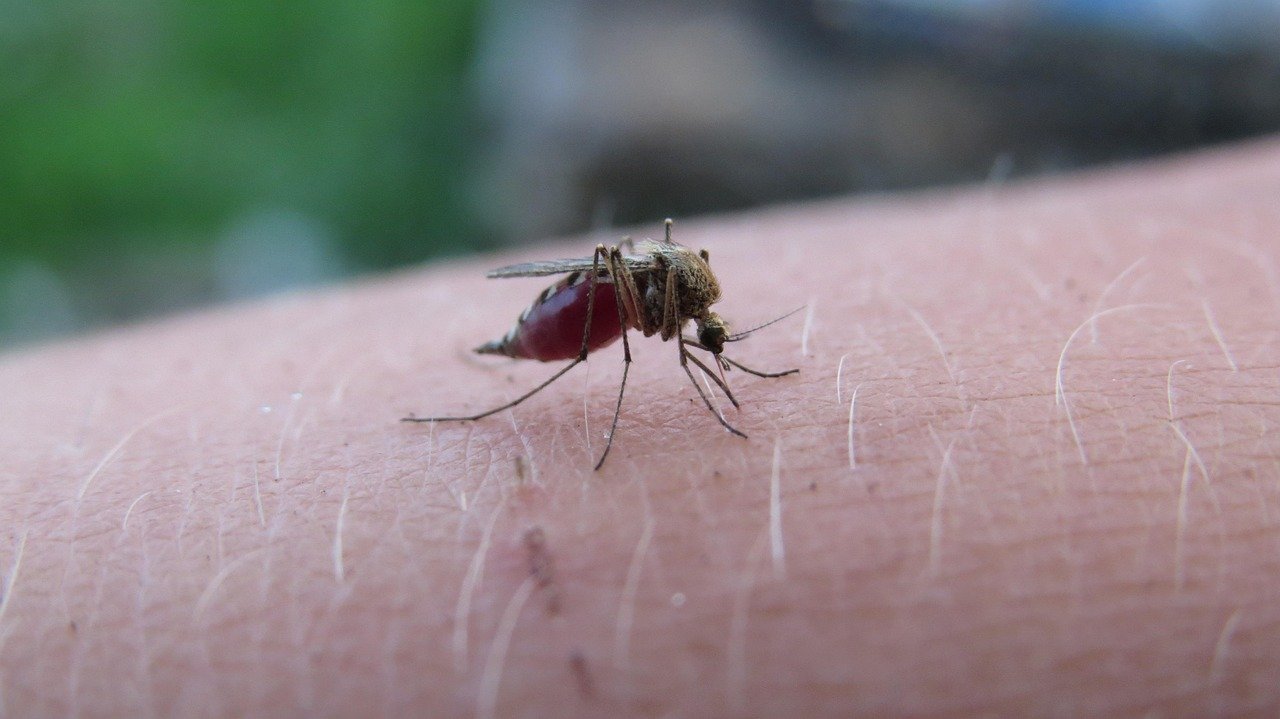In a radical shift from traditional malaria prevention strategies, Harvard researchers are proposing an innovative solution – medicating mosquitoes rather than just killing them. Their approach focuses on curing the insects of malaria parasites using specially formulated drugs absorbed through their legs, potentially revolutionizing global malaria control efforts.
The current frontline defense against malaria – insecticide – treated bed nets – faces growing challenges as mosquitoes develop widespread resistance to these chemicals. While these nets have saved countless lives by creating physical barriers and positioning malaria – carrying mosquitoes, their effectiveness is diminishing across many high – risk regions.
Dr. Alexandra Probst and her Harvard team discovered that certain antimalarial drug combinations can successfully clear parasites from infected mosquitoes. Their long-term vision involves coating bed nets with these medications, transforming them from simple barriers into active treatment stations that cure mosquitoes as they land.
This paradigm shift comes as malaria continues claiming nearly 600,000 lives annually, predominantly young children in vulnerable regions. Unlike traditional methods that aim to reduce mosquito populations, this new approach targets the root problem by eliminating the parasites themselves from disease – carrying insects.
The proposed solution could complement existing prevention measures like childhood vaccinations while addressing the critical issue of insecticide resistance. As research progresses, this novel strategy may offer a sustainable way to disrupt malaria transmission without relying solely on increasingly ineffective mosquito – killing methods.





















